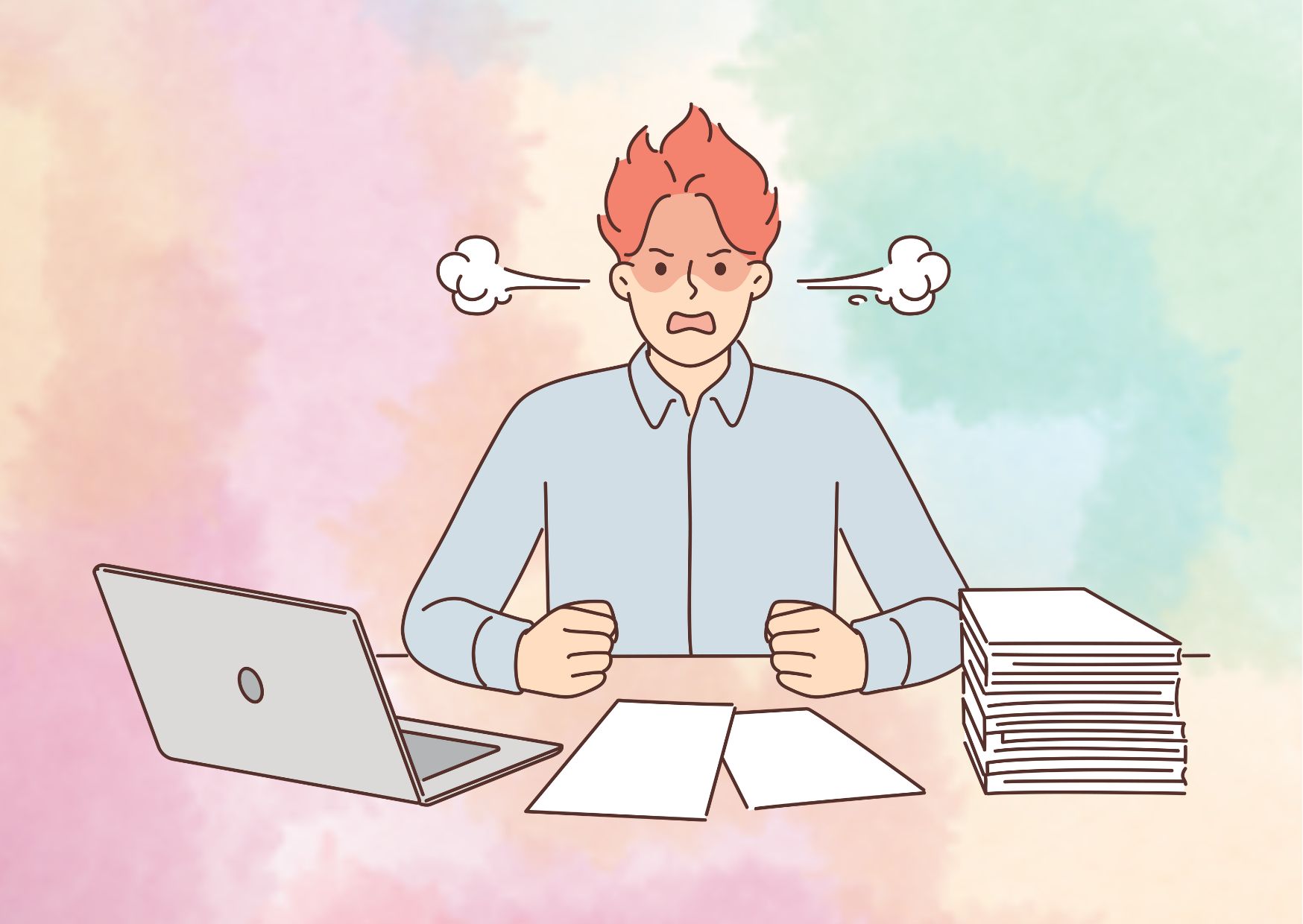Understanding the Multidimensional Anger Test: A Comprehensive Guide
Introduction
In today’s fast-paced and stressful world, it’s common to experience anger. Anger is a natural emotion that can arise in response to various situations and stressors. However, not everyone expresses and manages anger in the same way. Excessive and uncontrolled anger can have negative consequences on our relationships, well-being, and overall quality of life. That’s where the Multidimensional Anger Test comes in.
Common Reasons for Anger
Anger is a complex emotion that can arise from a variety of factors, including psychological, social, and biological influences. Some common reasons behind anger include:
Perceived Threat or Injustice: Anger often stems from a perceived threat to one’s physical or emotional well-being, or a sense of injustice or unfair treatment. When individuals feel that their needs, rights, or boundaries are being violated, they may respond with anger as a way to protect themselves or assert their rights.
Frustration and Stress: Feelings of frustration, stress, or overwhelm can trigger anger, especially when individuals perceive obstacles or challenges that prevent them from achieving their goals or meeting their needs. High levels of stress can lower one’s tolerance for frustration and increase the likelihood of angry outbursts.
Unmet Expectations: Anger may arise when individuals’ expectations are not met, whether in relationships, work, or other areas of life. When reality does not align with their expectations, they may feel disappointed, resentful, or betrayed, leading to feelings of anger.
Hurt or Vulnerability: Anger can sometimes mask underlying feelings of hurt, vulnerability, or fear. Instead of expressing these more vulnerable emotions directly, individuals may use anger as a defense mechanism to protect themselves from further emotional pain or rejection.
Learned Behavior: Patterns of anger expression can be learned from early childhood experiences, family dynamics, cultural influences, or social norms. If individuals grow up in environments where anger is frequently expressed or tolerated, they may adopt similar patterns of behavior.
Biological Factors: Biological factors, such as genetics, brain chemistry, and hormonal imbalances, can also play a role in anger regulation. Some individuals may be predisposed to experiencing intense or frequent episodes of anger due to their genetic makeup or neurobiological functioning.
Trauma and Past Experiences: Past traumatic experiences, such as abuse, neglect, or significant losses, can contribute to difficulties in regulating emotions, including anger. Unresolved trauma can lead to heightened reactivity, hypervigilance, and difficulty trusting others, all of which may manifest as anger.
